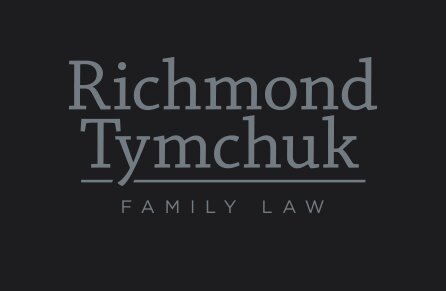If you are in the process of divorce in Alberta, it is important to understand what your financial rights are during the one year period of separation from your spouse. By taking the following financial steps to prepare for your divorce, you’ll be better able to protect your assets during the separation and divorce process.
Finances & Expenses
It’s important to be aware of your marital finances during this process. How is your spouse spending their money, what are you both contributing, and how are your assets and liabilities currently being managed? By being aware of such aspects of your marital finances, you won’t be left in the dark when it comes to the lawful splitting of finances during your separation.
As with assets, if you and your spouse have debt that was created together over the span of your marriage, you will still be partly responsible. It is important to be clear and take care of this financial responsibility during separation so it doesn’t become a permanent burden. By terminating joint accounts, you’ll also help protect yourself from incurring future post-divorce financial liabilities. After you and your spouse are separated, all new debts will be taken on as your own.
Spousal Support
Spousal support is often a difficult task to sort between separating spouses. If you or your spouse earn more income than the other, it is likely one of you will have to provide some amount of spousal support going forward. In order for a former spouse to receive Spousal Support, they must prove entitlement to this support. The Supreme Court of Canada has defined three different entitlements to Spousal Support:
- Contractual Support: When you have an agreement (i.e. a prenuptial) that states that one spouse is to receive support
- Compensatory Support: When one spouse has sacrificed a career, education, or ability to earn income due to their role in the marriage
- Non-compensatory Support: When one spouse experiences a significant economic hardship as a result of the end of the marriage
Child Support
If you and your spouse have children, you are both responsible for providing for them financially. It is important to have a detailed discussion about essential logistics including: the coordination of visitation rights, who the child will stay with, and how much child support should be provided. Whether your child is living in your household or with your spouse, you will still need to provide support. While this can be done voluntarily, you or your spouse can also ask the court for child support which will make it a legal obligation.
Property and Assets
During a separation, it will be crucial for you to understand what belongs to you, what you hold rights to, and what you both have as a couple. In many cases, marriages have joint finances, which might leave parties uncertain about their own funds during the separation and divorce process. The division of assets and family property will be determined through a thorough financial disclosure process. The ease with which this occurs will depend on the cooperation of your spouse and the amount of properties and assets in question. The Alberta government provides some guidance, as well as information on how to file a claim under the provincial Family Law Act. Our team at Richmond Tymchuk Family Law can help easily guide you through this process.
Seek Expert Advice
If you are separating from your spouse and are in need of expert advice on your financial rights, our team of Alberta family law experts are here for you.
Connect with Richmond Tymchuk Family Law to ensure that your finances and the future of your family are well protected.


